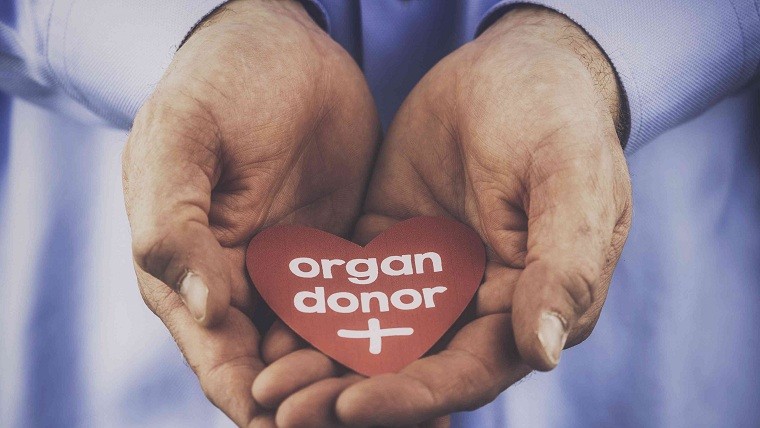In 2024, Mumbai witnessed a 20% increase in organs donated by patients, who died of brain stem death (BSD). According to the Zonal Transplant Coordination Committee (ZTCC), the number of BSD donors rose from 50 in 2023 to 60 in 2024, leading to a 13% increase in organs retrieved, from 143 to 162. Despite the progress, heart donations declined from 16 in 2023 to 8 in 2024.
The city also saw significant growth in specific organ donations. Kidney donations surged by 24%, rising from 75 to 93, while liver donations increased by 16%, from 44 to 51. Tissue donations saw a substantial boost, with corneal donations (21) up by 31%. This year also saw four skin donations besides the retrieval of nine bones and two bilateral ankle tendons. The 2023 figures of corneas, skin donations and bones stood at 16, two and seven, respectively.
ZTCC general secretary Dr Bharat Shah said, “We are pleased to see cadaver organ donation numbers returning to pre-Covid levels. Over the past year, we have emphasised on counselling families about donating not just organs but also tissues like bones, tendons and skin.” After a three-year gap, the committee has resumed bone donations and it’s encouraging to see them occurring more frequently now, he added.
Experts attribute the rise in organ donations to sustained awareness campaigns, improved hospital coordination and the easing of Covid-related disruptions. Public hospitals, which have traditionally lagged in organ transplants despite handling many trauma cases, are now stepping up efforts.
“We have initiated several sensitisation programs focusing on government and municipal hospitals. Monthly meetings with intensivists are helping improve cadaver donations. Collaboration with neurologists and neurosurgeons, who play a vital role in identifying brain-dead patients, is also yielding results,” said Dr Shah.
To further enhance organ donation rates, the state government approved a policy in 2024 to upgrade 25 state-run medical colleges with critical care units and trained personnel. Among these, JJ Hospital and six other medical colleges in Mumbai are being developed as nodal transplant centres. Additionally, KEM Hospital has appointed critical care specialists to identify and preserve potential donors in intensive care units.
Dr Shah emphasised the importance of dedicated transplant coordinator teams in public hospitals to identify donors and counsel families. “Standardised protocols for early brain death detection and maintaining donor viability are crucial. Regular training programs for healthcare staff can ensure adherence to global best practices,” he said.
Brain Stem Death
BSD occurs when brain activity ceases irreversibly though the heart continues to beat. This condition, often resulting from severe brain injuries or trauma, allows for viable organ retrieval. Each organ donor has the potential to save up to eight lives, while tissue donations significantly enhance the quality of life for recipients.
